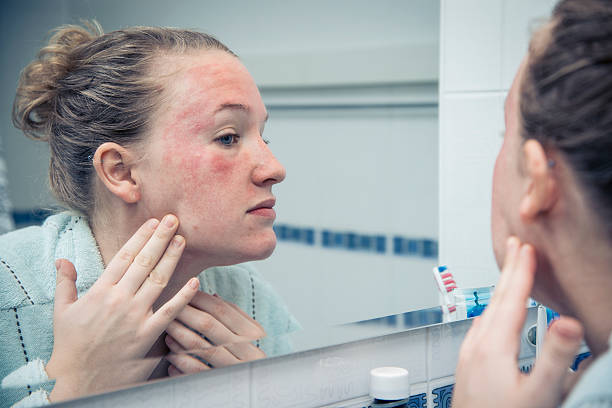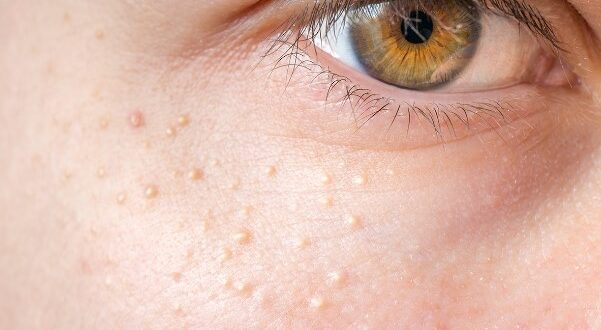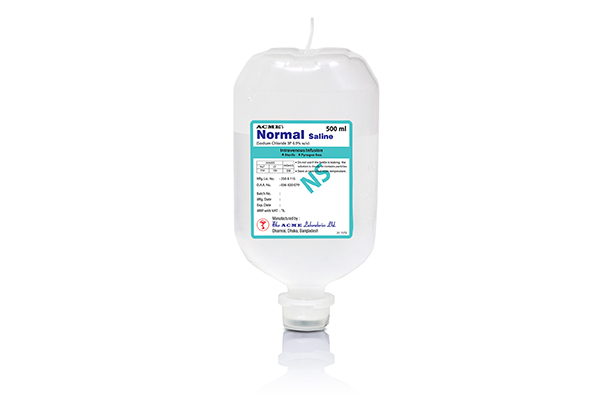Skin allergies, also known as allergic dermatitis or contact dermatitis, occur when the skin comes into contact with a substance that triggers an allergic reaction. These allergies can manifest in various forms and have different causes. Here’s an overview of types, causes, and treatments for skin allergies:
Types of Skin Allergies:
Contact Dermatitis:
- Irritant Contact Dermatitis: Caused by direct contact with an irritating substance, such as chemicals, soaps, or detergents.
- Allergic Contact Dermatitis: Triggered by an allergic reaction to a specific substance, such as certain metals, fragrances, or latex.
Atopic Dermatitis (Eczema):
A chronic inflammatory condition characterized by red, itchy, and inflamed skin. It often occurs in individuals with a personal or family history of allergies, asthma, or hay fever.
Urticaria (Hives):
Raised, itchy welts on the skin caused by histamine release in response to allergens or other triggers.
Angioedema:
Swelling beneath the skin’s surface, typically around the eyes and lips. It can be associated with hives.
Causes of Skin Allergies:
Common Allergens:
- Metals: Nickel, found in jewelry and accessories.
- Fragrances: Found in cosmetics, perfumes, and personal care products.
- Latex: Present in gloves, balloons, and certain medical devices.
- Plants: Poison ivy, poison oak, and poison sumac.
- Topical Medications: Certain creams or ointments.
Chemicals:
Harsh chemicals in cleaning products, detergents, or industrial substances.
Foods:
Some individuals may experience skin allergies due to certain foods, although this is less common.
Insect Bites:
Allergic reactions to insect bites or stings.
Genetic Factors:
Atopic dermatitis and other allergic skin conditions can have a genetic component.
Treatments for Skin Allergies:
Avoidance of Triggers:
Identify and avoid the specific allergens or irritants that trigger the skin reaction.
Topical Steroids:
Corticosteroid creams or ointments can help reduce inflammation and itching.
Topical Antihistamines:
Creams containing antihistamines may provide relief for itching.
Oral Antihistamines:
Non-drowsy antihistamines can be taken orally to alleviate itching and hives.
Moisturizers:
Regular use of hypoallergenic moisturizers can help soothe and hydrate the skin.
Cool Compresses:
Applying cool compresses can provide relief for redness and swelling.
Oatmeal Baths:
Oatmeal baths can help soothe irritated skin and reduce itching.
Prescription Medications:
In severe cases, a Best Skin Specialist in Karachi may prescribe stronger medications, such as oral corticosteroids or immunosuppressants.
Allergen Immunotherapy:
For certain types of allergies, immunotherapy may be recommended to desensitize the immune system.
Emollient Bath Products:
Use mild, fragrance-free soaps and bath products to avoid further irritation. It’s important to consult with a Best Dermatologist in Lahore, particularly a dermatologist, for an accurate diagnosis and appropriate treatment plan tailored to the specific skin allergy. Additionally, patch testing may be conducted to identify specific allergens causing contact dermatitis.




